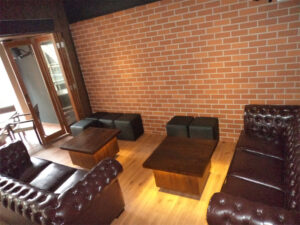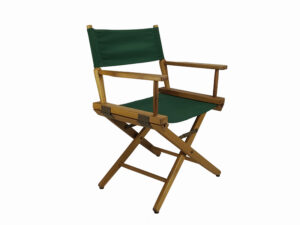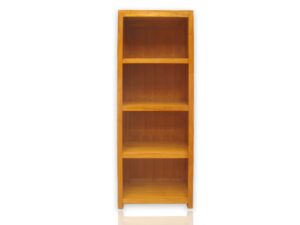Description
Firstly A Trash-Box, also known as a trash bin or waste bin, is essential for collecting and storing waste materials. It’s a practical waste management solution for homes, offices, public spaces, commercial establishments, and industrial facilities.
Features and Design:
Also, Trash-Boxs come in a diverse range of sizes, shapes, and materials to suit different needs and settings. Trash-Box manufacturers use durable materials like plastic, metal, or wood, designing them to endure regular use and weather exposure.
The design of a trash box often includes the following features:
- Lid: Many trash boxes have lids to conceal contents, control odors, and deter pests or animals from accessing the waste. Trash box manufacturers use durable materials like plastic, metal, or wood, designing them to endure regular use and weather exposure
- Capacity: Trash boxes are available in various capacities, ranging from small bins suitable for individual use to large containers used in public areas or industrial sites. The capacity depends on the expected volume of waste produced in a specific location.
- Shape and Size: Trash boxes can be cylindrical, rectangular, square, or other shapes, allowing them to fit into different spaces efficiently. Some designs are compact and space-saving, while others are larger to accommodate higher waste volumes.
- Color and Finish: Moreover The color and finish of a trash box can vary, with options ranging from basic neutral colors to bright hues. This allows for customization to match the aesthetic of the environment or comply with specific regulations.
- Additional Features: Modern trash boxes may include features like wheels for mobility, pedal-operated lids for hands-free use, inner liners or bags for easier cleaning, and even smart sensors for monitoring waste levels.
Uses and Applications:
Trash boxes play a crucial role in waste management across various sectors:
- Residential: People use trash boxes in kitchens, bathrooms, bedrooms, and other areas of homes to collect household waste before disposal.
- Commercial: Offices, restaurants, cafes, and retail stores use trash boxes to manage daily waste generated by employees and customers.
- Public Spaces: Additionally Authorities place trash boxes in public areas to encourage proper litter disposal and maintain cleanliness.
- Industrial and Construction Sites: Industrial settings, construction sites, and warehouses use heavy-duty trash boxes to handle large volumes of waste and debris.
- Healthcare Facilities: Hospitals, clinics, and laboratories use specialized medical waste bins to safely dispose of medical waste according to regulations.
Importance of Trash Boxes:
- Hygiene and Cleanliness: In addition Proper waste disposal through trash boxes helps prevent the spread of diseases and maintains cleanliness in living and working environments.
- Environmental Impact: Using trash boxes supports responsible waste management by separating recyclables from general waste, reducing landfill impact, and promoting sustainability efforts.
- Aesthetic Value: Well-designed trash boxes enhance indoor and outdoor spaces, contributing to a neat and visually appealing environment.
In summary, a Trash-Box is an indispensable component of waste management systems, providing a convenient and efficient means to collect and contain various types of waste. Its versatility, functionality, and cleanliness impact make it essential in homes, businesses, public areas, and industrial facilities, promoting healthier communities.








Reviews
There are no reviews yet.